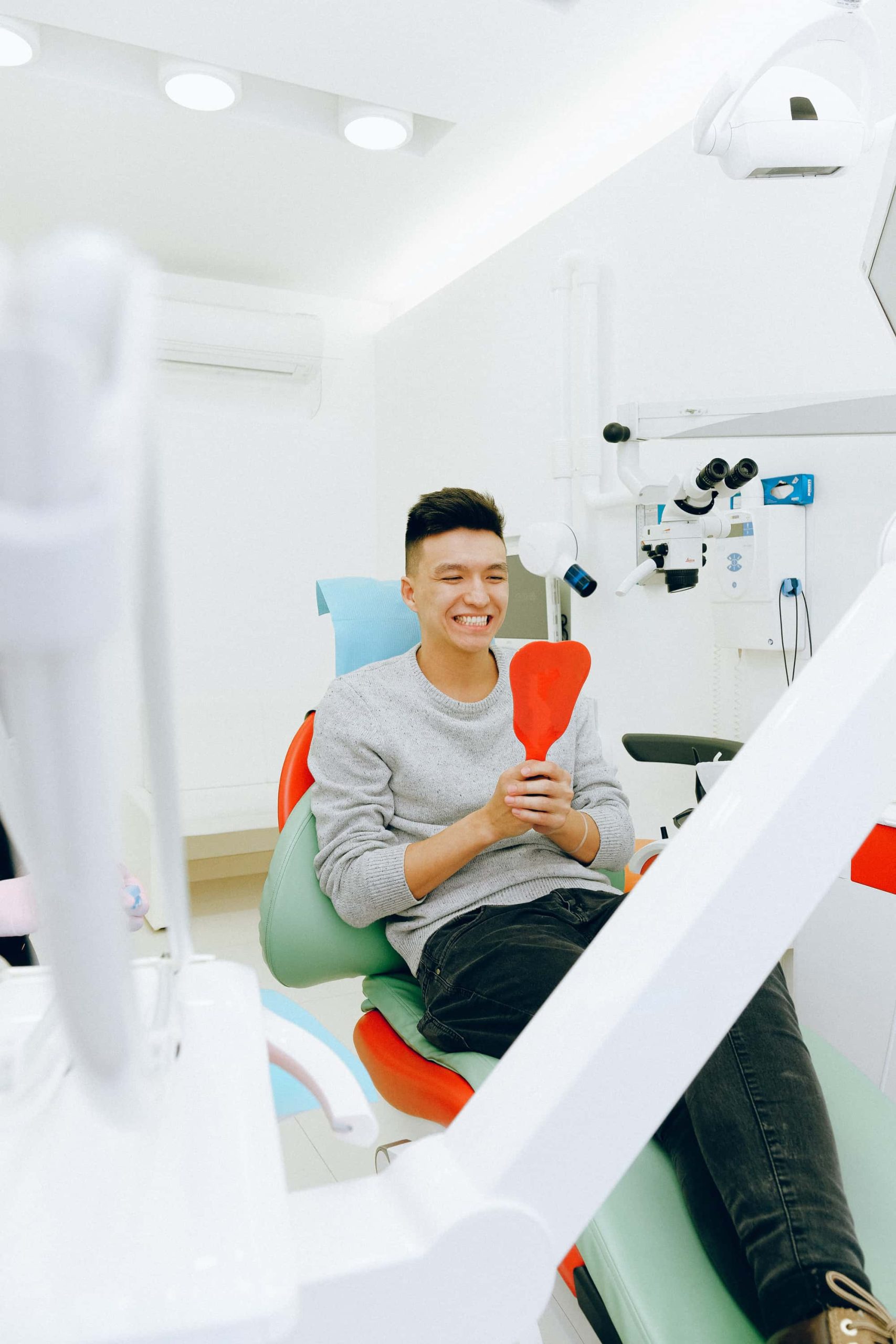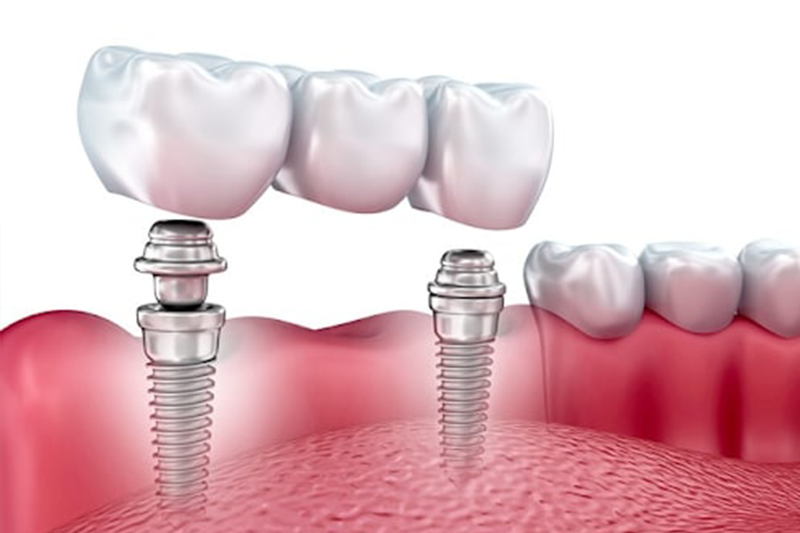
Implant Supported Dentures in Stratford, Connecticut
Introduction
For those who have experienced the challenges of traditional dentures, implant-supported dentures offer a remarkable alternative that combines the benefits of dental implants with the convenience of removable dentures. This innovative approach provides unparalleled stability, comfort, and confidence to individuals seeking a reliable solution for tooth loss. In this blog, we’ll explore the advantages of implant-supported dentures, the different types available, and why they are becoming a popular choice in modern restorative dentistry.
Understanding Implant-Supported Dentures
Implant-supported dentures, also known as implant-retained dentures, are a type of dental prosthetic that is secured in place by dental implants. These dentures are designed to either snap onto or be screwed onto dental implant posts that have been surgically placed in the jawbone. This offers a significant improvement over traditional dentures, which can often lead to discomfort, slipping, and difficulty while eating and speaking.
Benefits of Implant-Supported Dentures
a. Enhanced Stability: The primary advantage of implant-supported dentures is their remarkable stability. The dentures are securely anchored to dental implants, eliminating the risk of slippage or movement while eating or talking.
b. Improved Chewing Efficiency: Implant-supported dentures allow for better chewing efficiency, enabling individuals to enjoy a wider variety of foods without restriction.
c. Natural Look and Feel: These dentures are custom-made to resemble natural teeth and gums, enhancing your appearance and boosting your self-confidence.
d. Preservation of Jawbone: The presence of dental implants in the jawbone helps stimulate bone tissue, preventing the deterioration that can occur with traditional dentures over time.
e. Comfort: Implant-supported dentures are designed to fit comfortably and securely in your mouth, reducing irritation and sore spots often associated with traditional dentures.
Types of Implant-Supported Dentures
a. Bar-Retained Dentures: In this design, a thin metal bar is attached to the dental implants. The denture is then attached to the bar using clips or other attachments, ensuring stability.
b. Ball-Retained Dentures (Locator Dentures): These dentures feature a series of implants with corresponding ball-and-socket attachments. The denture snaps onto these attachments, providing a secure fit.
c. All-on-4/All-on-6 Dentures: These fixed options involve a full arch of teeth being supported by four or six dental implants, providing exceptional stability and comfort.
The Implant-Supported Denture Process
a. Consultation: A thorough assessment of your oral health, jawbone density, and overall suitability for the procedure is conducted during the initial consultation.
b. Implant Placement: Dental implants are surgically placed in the jawbone. The number of implants will depend on the specific type of implant-supported denture chosen.
c. Healing Period: Following implant placement, a healing period is necessary to allow for osseointegration, during which the implants fuse with the jawbone.
d. Denture Fabrication: Once the healing is complete, impressions are taken, and a customized denture is created to perfectly fit your mouth.
e. Attachment: The denture is attached to the implants using the chosen method, ensuring a stable and comfortable fit.
Is Implant-Supported Dentures Right for You?
If you’re experiencing discomfort, instability, or dissatisfaction with traditional dentures, implant-supported dentures could be an excellent solution. Ideal candidates should have sufficient jawbone density and overall good oral health.
Conclusion
Implant-supported dentures are transforming the lives of individuals who are seeking an improved alternative to traditional dentures. With enhanced stability, comfort, and natural aesthetics, they provide a renewed sense of confidence and freedom. If you’re considering implant-supported dentures, consult a qualified dentist who can guide you through the process and help you regain your smile and quality of life.
Disclaimer
The information provided in the blog post is for informational purposes only and should not be considered a substitute for professional medical advice.


